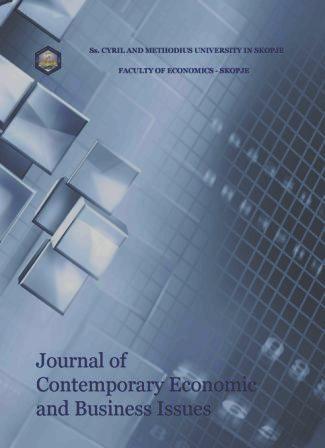SOCIAL MEDIA SCREENING: IMPACT OF GDPR AND MACEDONIAN LEGAL FRAMEWORK
Апстракт
E-recruitment has been the focus both of research and commercial use in the past decade, with the addition of social media recruitment in the recent years. Public profiles and information on potential candidate have exploded with the emergence of profiles on social network web-sites, which is highly utilized by companies and recruiters in the employment process. Despite different ethical and practical issues, there are also legal ramifications for using personal data of candidates in the recruitment process. The paper focuses on the legal aspects of screening candidates, as part of the recruitment process, more specifically on the screening via social media.
Our research examines the introduction of the new GDPR Law which is in effect in EU countries since May 2018, and comparisons are made with the existing laws for data protection of candidates in the Republic of Macedonia, as a candidate member state for the EU. The research shows that screening through social media for reasons other than job performance is considered as a breach in principles through GDPR, as well as considered as discriminatory and illegal in the Macedonian Labor Law. The comparison between GDPR and Macedonian Labor Law shows strong points such as clear lines for direct and indirect discrimination, as well as weak points such as not enough guidelines for transparency, protection and control over candidate data in the Macedonian law. Companies are subject to GDPR regardless of whether they reside in an EU country, making the law of tremendous importance to Macedonian companies which employ or recruit candidates who are permanent residents of the EU. Recommendations are made to engage technology changes in a timely manner, as well as to introduce regular checks on companies for their process of screening candidates through social media.
Downloads
Authors retain copyright of the published papers and grant to the publisher the non-exclusive right to publish the article, to be cited as its original publisher in case of reuse, and to distribute it in all forms and media.
Authors are permitted to deposit publisher's version (PDF) of their work in any repository, personal and institutional websites, but full bibliographic information (authors, titles, volume, issue etc.) about the original publication must be provided.




